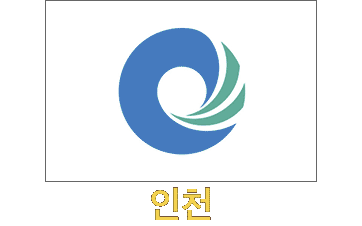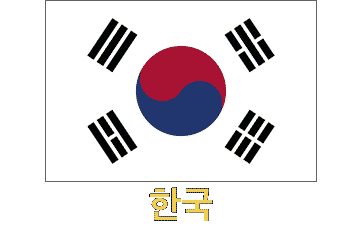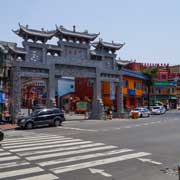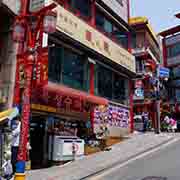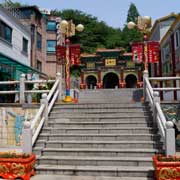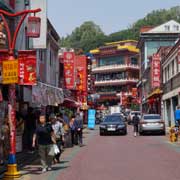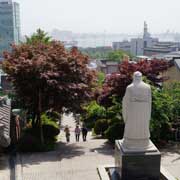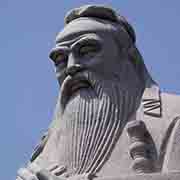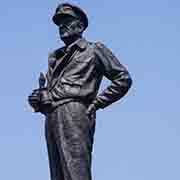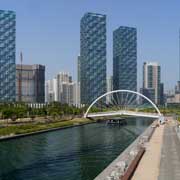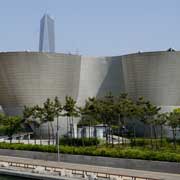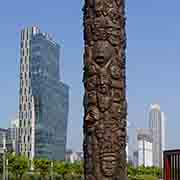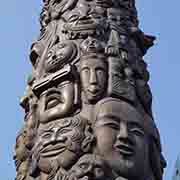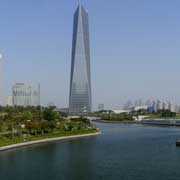Photos of Incheon Metropolitan City, Korea
Incheon Metropolitan City
Incheon (literally “kind river”) Metropolitan City in northwestern South Korea is today, with about 3 million people, Korea’s third most populous city, after Seoul and Busan. Incheon became an international port in 1883, and in 2003 the city was designated as Korea’s first free economic zone; large local companies and global enterprises have increasingly invested here.
you may then send it as a postcard if you wish.
The most spectacular indication of this is Songdo, Korea’s “Smart City”, a master-planned city, home to thousands of residents and workers, and host to global organisations and multinational corporations. Built on 600 hectares of land reclaimed from the Yellow Sea off Incheon, it was completed in 2015 and is the most extensive private real estate development in history.
The city was the scene of the Battle of Incheon, an amphibious invasion and battle in the Korean War, lasting from 15 to 19 September 1950, resulting in a decisive victory and strategic reversal in favour of the United Nations troops, ultimately saving South Korea from domination by the Communist North. There is a statue of the American general Douglas MacArthur, the commander and driving force behind the invasion, in Jayu (= Freedom) Park.
The city also has Korea’s only official Chinatown, established in 1884, a year after opening the port and Incheon’s designation as extraterritoriality (being exempted from the jurisdiction of local Korean law) of the Qing Dynasty. Many stores imported trading goods from China in the past, but now most Chinese businesses are restaurants. The Chinese residents of Chinatown are mostly second or third generations of those early Chinese settlers.
